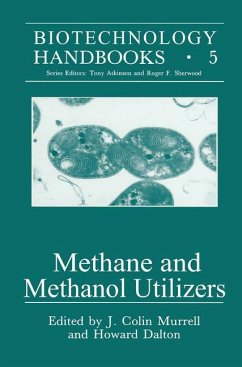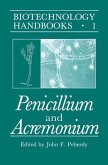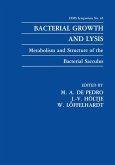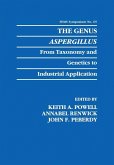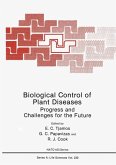Methane and its oxidation product, methanol, have occupied an important position in the chemical industry for many years: the former as a feedstock, the latter as a primary chemical from which many products are produced. More recently, the role played by methane as a potent "greenhouse" gas has aroused considerable attention from environmentalists and clima tologists alike. This role for C compounds has, of course, been quite 1 incidental to the myriad of microorganisms on this planet that have adapted their life-styles to take advantage of these readily available am bient sources. Methane, a renewable energy source that will always be with us, is actually a difficult molecule to activate; so any microorganism that can effect this may point the way to catalytic chemists looking for con trollable methane oxidation. Methanol, formed as a breakdown product of plant material, is also ubiquitous and has also encouraged the growth of prokaryotes and eukaryotes alike. In an attempt to give a balanced view of how microorganisms have been able to exploit these simple carbon sources, we have asked a number ofleading scientists (modesty forbids our own inclusion here) to contribute chapters on their specialist areas of the subject.

